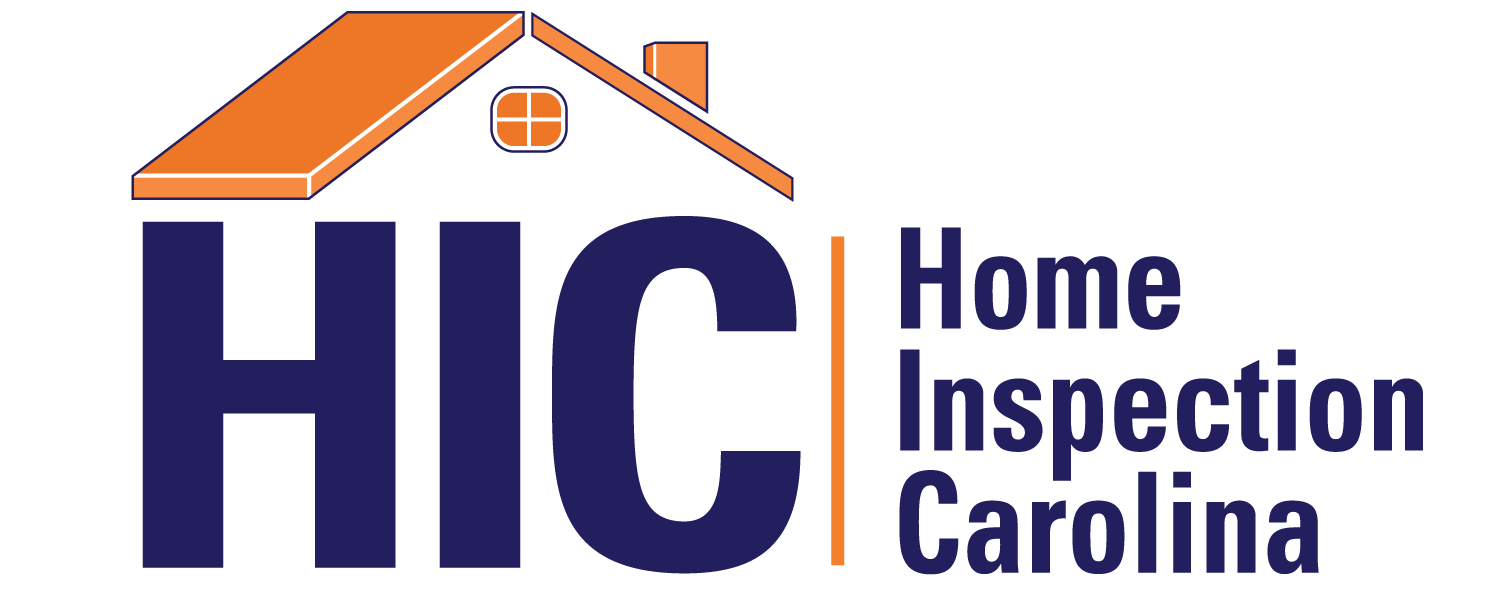Have Questions? We have answers. Below are the most frequently asked questions regarding Home Inspections and additional information about your home including radon and mold and more. If you have additioanl questions please fill out the form below!
How Long Does a Home Inspection Take?
There are many factors that determine how long a home inspection can last, ranging from size of the house to how it was built. For example, a house on a crawlspace is going to take longer to complete than a house on a slab. Generally, it is said to take about an hour per 1000 square feet.
Should I attend the inspection?
We encourage all of our clients to attend the home inspection. When the inspector is done looking at the home, they will review what was found with pictures, and this is a great time to ask any questions you may have. It also let’s you see what condition the home was in on the day of the inspection. It’s a good way to stay on the same page as the inspector to avoid any confusion. Keep in mind that home inspectors legally can not permit you to enter the home without your agent present.
Can I choose my inspector?
As long as your preferred inspector is available at the time you request them, then yes. Exceptions will sometimes be made if the inspection is too far for the inspector to travel, in which case a closer inspector will go. All of our inspectors are fantastic though, so you should still expect a quality inspection no matter who does it.
You have a lot of stuff in your contract, how am I protected?
A home inspectors job is to protect their client. Our goal at Home Inspection Carolina is to make sure you know what you are buying so you feel confident in your investment. If there is something that is beyond the scope of a home inspection, we tell you what that is and what you can further do. Don’t be afraid to ask questions! If you have any specific concerns, just ask and we will do our best to help you from there. We only feel we have done our job when our clients are comfortable.
Do you inspect for mold?
Mold isn’t always something that can be inspected for as it can be concealed behind walls or under floors. With all of the different kinds of molds and levels of severity, we can’t inspect for mold. What we do offer is mold testing. If you opt for testing, we will take samples and send them to a lab, where they will test them and give you a detailed report of the absence or presence of mold, and what kinds were found.
What is Radon?
Radon comes from the decay of radioactive material in the earth. It cannot be seen, touched, or smelled. The EPA has determined that if the level of radon in your home is more than 4.0 pCi/L (picocuries per liter) you should have radon remediation performed. Radon gases have been linked to causing lung cancer, and is in fact the second leading cause of the disease behind smoking.
Do you inspect pools?
Home Inspection Carolina does offer visual pool inspections. Our inspectors will test the functionality of accessible equipment including the pumps and Electrical panels, while also examining the safety of the pool.
